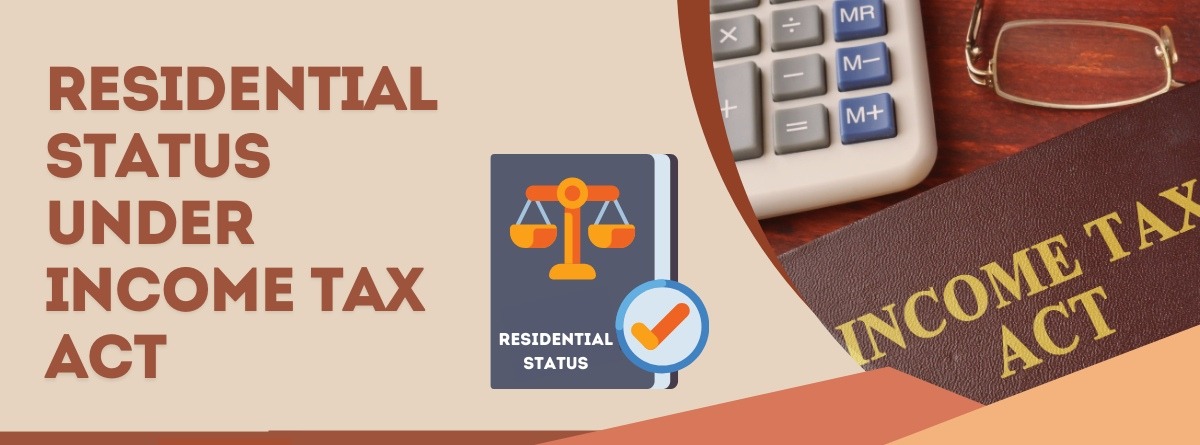Daniels, J.@mdashThe question for decision in this appeal is whether the present suit is barred by the provisions of Section 233(k) of the Land Revenue Act. The present suit is for a declaration that the plaintiffs are owners in possession of an area of 25.17 acres out of a khata of 104 acres in mabal Bhagwan Singh. Mauza Sampat Jogi and that the defendants are wrongly entered in the revenue papers as owners of the equity of redemption. The area of which the property in dispute forms a part was originally mortgaged to Sahib Singh, a collateral relative of the parties. The plaintiffs are sons of Gulab Singh, the head of another branch, and the defendants are the heirs of Durg Singh who represented a third branch of the family. The equity of redemption in this property was purchased in equal shares in the names of Durg Singh and Sahib Singh at some time subsequent to the mortgage.
2. On 17th March, 1909 the plaintiffs applied for partition of this property impleading Durg Singh whose name they asserted to be fictitiously entered in the khewat and whom they asserted to have no proprietary interest in the property. There is on the record of the partition suit an application purporting to be made by Durg Singh admitting that his name was fictitiously entered. The petition was not verified and in the partition as finally made Durg Singh continued to be recorded as proprietor of the area now in dispute and the sons of Gulab Singh as mortgagees. The trial Court held that Section 233(k) applied and dismissed the suit. The lower appellate court has reversed this finding and remanded the suit for decision on the merits. The argument of the respondents, which found favour with the learned Subordinate Judge, is that as no question of proprietary right was raised by any co-sharer u/s 111 or Section 112, the question was never decided by the revenue courts, and further that Section 233(k) cannot apply as the share in dispute and the share allotted to the plaintiffs were both included in one mahal.
3. It appears to us, however, that the rulings of this Court do not permit us to accept this contention. Section 233(k) is not limited to the case in which a question of proprietary right has been determined u/s 111. In this case the question of proprietary right involved was definitely raised by the plaintiffs in their application to the partition court and as the relief, which they asked for in respect of this land was not granted, it must be deemed to have been refused. A Bench of this Court held in
It seems to us that the legislature has given the revenue courts exclusive jurisdiction over the partition of a mahal among recorded co-sharers....There is no doubt that if the plaintiffs had formed their suit so as to confine their claim merely to damages they might have succeeded. But they have chosen to join this claim to a claim to obtain exclusive possession of certain specified plots, which undoubtedly are the subject of the partition.
4. In Bhupal Singh v. Ujagar Singh (1920) 18 A.L.J. 928 the plaintiff sued for a declaration of his title to a pre empted share which had not boon allotted to him at the partition. The Letters Patent Bench, affirming the decision of the Judge who heard the appeal held that the case was governed by the Full Bench ruling in Bijai Miser v. Kali Prasad (1917) 39 All. 469 and that Section 233(k) was a bar to the suit. Whatever may be said against this rule; it has at least this great advantage that a revenue partition operates us a clearing up of disputed titles and that a title declared at a partition may be safely relied on against all persons who were parties to the proceedings. The course of decisions of this Court has now definitely established the principle that Section 233(k) debars civil courts from questioning the final allotment of land and title effected by means of a partition, and to depart from this rule would merely be to throw the law again into the state of uncertainty which formerly prevailed regarding it.
5. We think, therefore, that in the view of the scope of Section 233(k) which has been accepted by this Court, the appeal must be allowed and the decree of the trial court restored. We direct accordingly. The appellants will get their costs of this appeal.
Sulaiman, J.
6. I concur in the proposed order. As the plaintiffs had definitely asked the partition court to allot to them exclusively the property entered in the name of Durg Singh on the allegation that his name was fictitiously recorded and as the court did not grant their prayer, it must be deemed to have been refused. The plaintiffs cannot now reagitate the same matter in the civil court.

